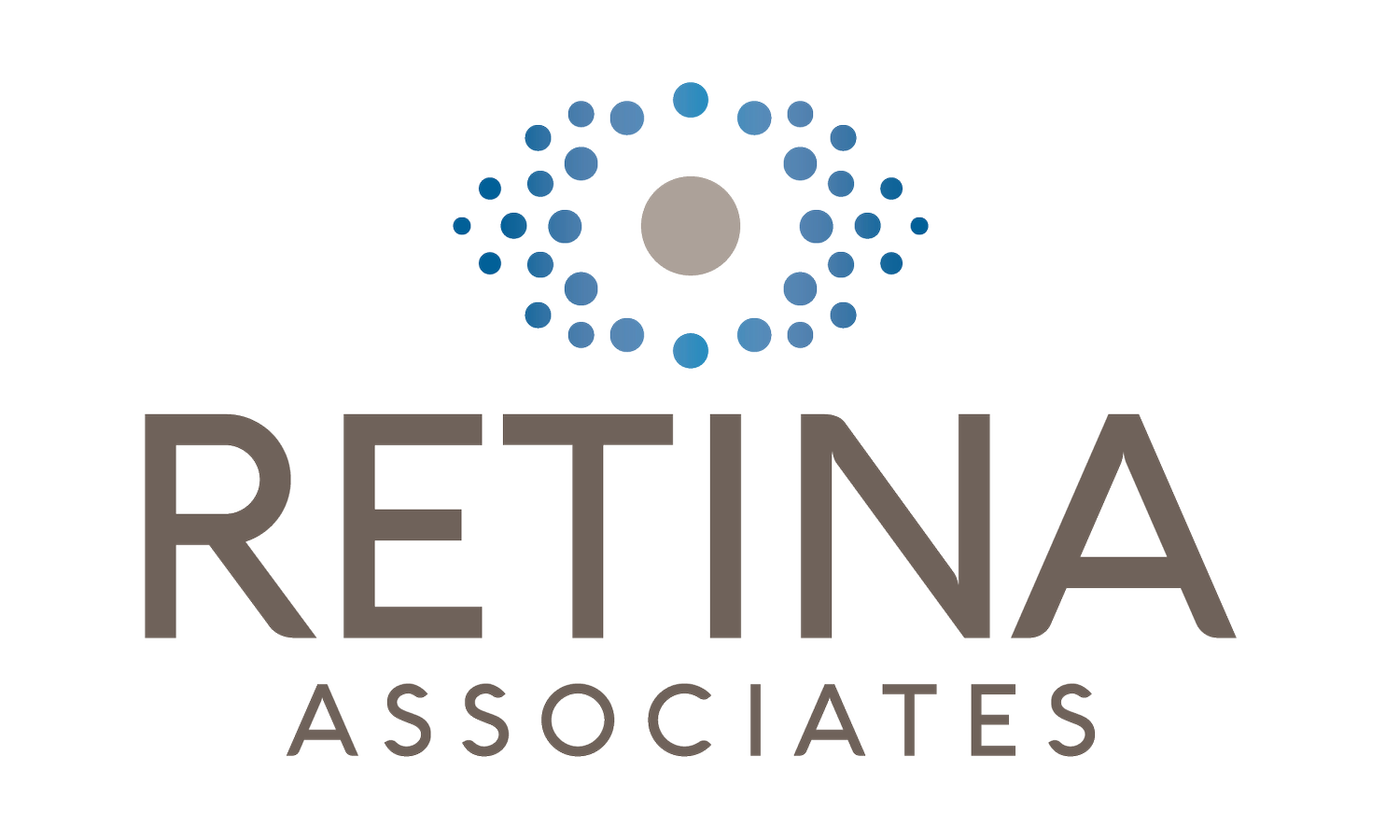Children’s Eye Health: Signs Your Child Might Need Glasses
Good vision is essential for a child’s overall development and success, whether in school, sports, or everyday activities. However, children may not always realize or communicate when they’re having trouble seeing clearly. That’s why it’s important for parents to know the signs that might indicate their child needs glasses. In this blog, we’ll explore common indicators of vision problems in children and why early detection is so important.
Why Eye Health Matters in Childhood
A child’s eyes are constantly developing, and clear vision plays a critical role in learning, social interaction, and physical coordination. Vision problems that go undetected can lead to difficulties in school and other areas of life, making early detection crucial for long-term success.
Common Signs Your Child Might Need Glasses
Children may not always express that they’re having vision problems, so parents and caregivers should be vigilant for these common signs:
Squinting or Tilting the Head: Squinting or tilting the head while watching TV, reading, or looking at objects can indicate difficulty focusing.
Sitting Too Close to Screens: If your child often sits very close to the television or holds devices or books unusually close, they may have trouble seeing clearly from a distance.
Frequent Eye Rubbing: Persistent eye rubbing can be a sign of eye strain, fatigue, or discomfort caused by uncorrected vision issues.
Complaints of Headaches or Eye Pain: Straining to see can lead to headaches, especially after activities requiring sustained focus, like reading or homework.
Difficulty in School: Struggling with reading, writing, or paying attention in class may be linked to vision problems that make it hard to see the board or printed materials.
Covering One Eye: If your child frequently covers one eye or closes one eye to see better, it might indicate an issue like amblyopia (lazy eye) or other binocular vision problems.
Poor Hand-Eye Coordination: Challenges with catching a ball, writing neatly, or completing puzzles could signal an issue with depth perception or overall visual clarity.
If you’re noticing any of these behaviors in your child, it’s important to consult with an eye care professional to assess their vision and determine if glasses or other treatments are needed.
When to Seek Help
Even if your child doesn’t show obvious signs of vision problems, routine eye exams are essential for maintaining their eye health. Vision screenings at school or the pediatrician’s office are helpful but may not catch all issues. For more comprehensive care, you can reach out to an optometrist or pediatric ophthalmologist.
Contact Us
We’re happy to answer your questions and guide you in finding the right specialist for your child’s needs. Call us at 540-722-3500 to speak with a member of our team. Also, you can stay connected with us on Facebook, Instagram, and LinkedIn for more tips on eye health and updates from our practice.
Let’s work together to ensure your child’s vision is supported and protected!
Disclaimer: This post is for informational purposes only and is not a substitute for professional medical advice. Always consult with a physician or qualified healthcare provider regarding your child’s specific health needs. If you are experiencing a medical emergency, please call 911 or visit the nearest emergency room immediately.
